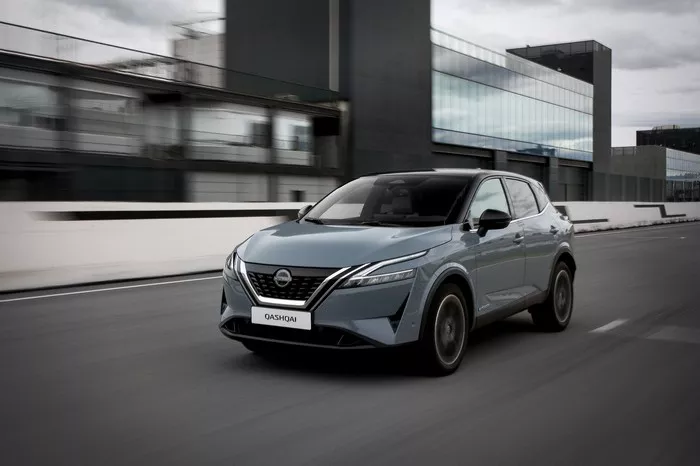Nissan, a notable outlier among major U.S. automakers, currently offers gasoline and electric vehicles but no hybrids—until now. The company is preparing to introduce its unique hybrid system, called e-Power, to the U.S. market, though reports indicate prices will be higher than initially promised.
What is Nissan’s e-Power?
Already available in other regions, Nissan’s e-Power is in its third generation and features an innovative 5-in-1 module that combines the motor, inverter, generator, reducer, and increaser. This integrated design reduces weight, improves efficiency, and minimizes noise and vibration.
Unlike conventional hybrids that use an electric motor to supplement engine power delivered directly to the wheels, the e-Power system runs the gasoline engine solely as a generator to charge the battery, which then powers the wheels—similar to setups found in diesel trains and select cars. This approach delivers an EV-like driving experience but with gasoline convenience.
Price Increase and Market Challenges
Originally, Nissan promised that e-Power-equipped vehicles would be priced competitively, close to gasoline-only rivals. However, Shunichi Inamijima, Nissan’s executive overseeing powertrain and EV technology, recently confirmed the price will be higher due to rising material costs. While Nissan aims to achieve cost parity eventually, no timeline has been given.
This price adjustment poses a challenge for consumer adoption, especially as many buyers may be unfamiliar with e-Power’s benefits. Nissan’s CTO Eiichi Akashi emphasized that e-Power offers a unique value—delivering EV-style driving without the common inconveniences of full electric vehicles.
Efficiency and Performance
Nissan estimates the new e-Power system will improve fuel economy by about 15% on highways and 9% in city driving compared to previous versions. However, the system relies on a small 1.8 kWh battery, meaning the gasoline engine will run frequently despite the EV-like feel.
Related topics:

